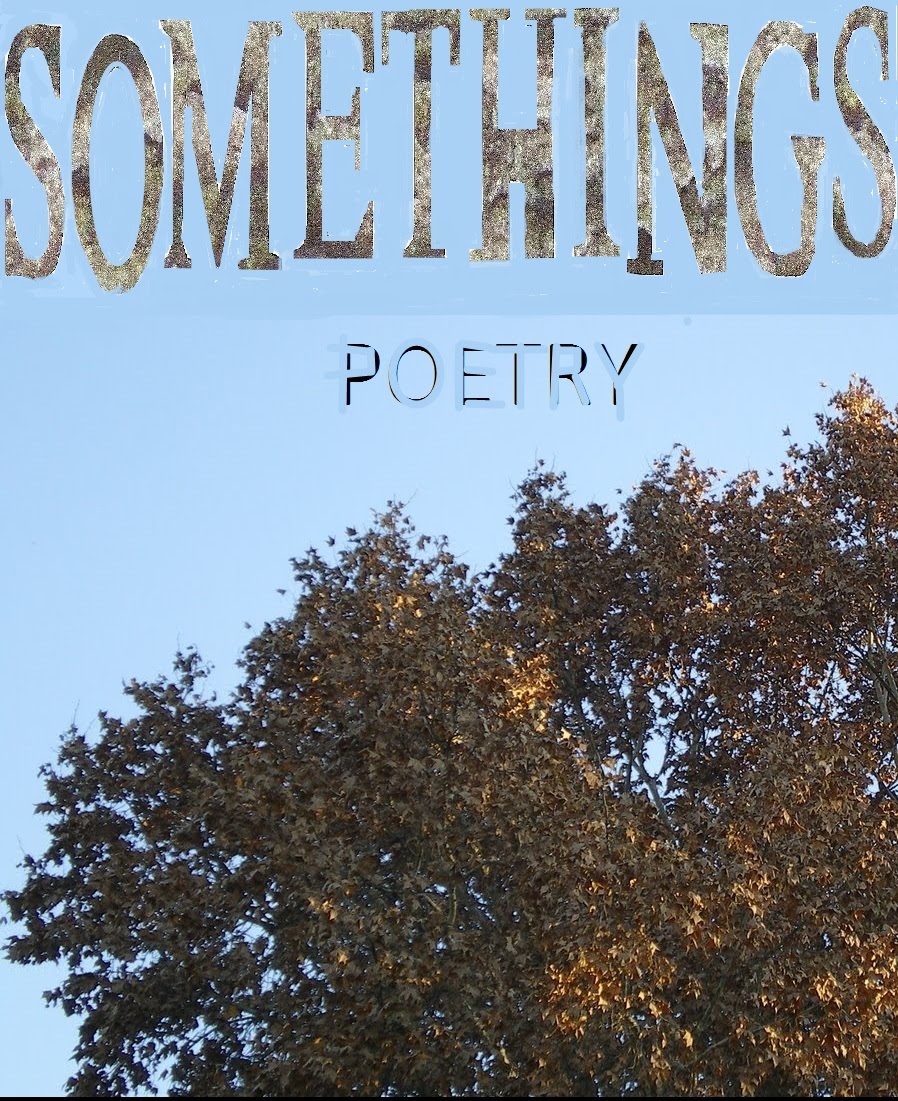Stemming from the African American oral tradition as well as the musical tradition of the blues, blues poetry takes on themes such as struggle, despair, hard times, and sex. A blues poem often follows a specific form in which a general statement is made in the first line, a variation to that statement is made in the second line, and an ironic twist is made in the third line.
Many of those poets that wrote blues poetry also dabbled in the likes of jazz poetry. Jazz poetry, like blues poetry, was born in the 1920s. However, at the same time jazz was gaining popularity in the US, poetry was once again becoming relevant, especially in African American communities. As both art forms rose in prominence, some artists decided to combine the two styles to create one masterful style. Jazz poetry was born in the 1920s and was maintained in the 1950s by poets from the Beat generation. Some even say today's hip-hop music contains elements of jazz poetry.
| Good Friends Miles Davis and Quincy Troupe Jr. |
"The Weary Blues"
-Langston Hughes (1923)Droning a drowsy syncopated tune,2 Rocking back and forth to a mellow croon,3 I heard a Negro play.5 By the pale dull pallor of an old gas light6 He did a lazy sway ....7 He did a lazy sway ....8 To the tune o' those Weary Blues.9 With his ebony hands on each ivory key10 He made that poor piano moan with melody.11 O Blues!12 Swaying to and fro on his rickety stool13 He played that sad raggy tune like a musical fool.14 Sweet Blues!15 Coming from a black man's soul.16 O Blues!17 In a deep song voice with a melancholy tone18 I heard that Negro sing, that old piano moan--19 "Ain't got nobody in all this world,21 I's gwine to quit ma frownin'22 And put ma troubles on the shelf."23 Thump, thump, thump, went his foot on the floor.24 He played a few chords then he sang some more--25 "I got the Weary Blues26 And I can't be satisfied.27 Got the Weary Blues28 And can't be satisfied--29 I ain't happy no mo'30 And I wish that I had died."31 And far into the night he crooned that tune.32 The stars went out and so did the moon.33 The singer stopped playing and went to bed34 While the Weary Blues echoed through his head.35 He slept like a rock or a man that's dead
To me, the biggest part of the Black Arts movement is not the fact that African Americans were trying to show how much black culture meant, but the means on how they attempted to do this, and writing blues poetry was definitely a key contributor to this. By writing blues poetry, black poets and musicians alike were able to successfully depict how rough it was for African Americans to live during a time when they received little to no respect, especially for their contributions to art. Below is a video of one of the greatest blues guitarist to ever live, B.B. King. One can just tell how much emotion is put into his play, and how much the music means to him.
Sources:
Blues Poetry
Poetry and the Blues
Poetry and All That Jazz

Dylan, I loved reading this blog post because yours was not just words on a page, you truly put a lot of thought into this post and I love the connections you bring into play. I agree with a lot of what you are saying about the Black Arts Movement. Great Job!
ReplyDelete